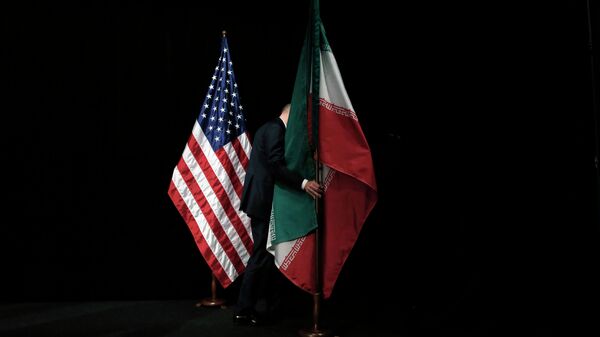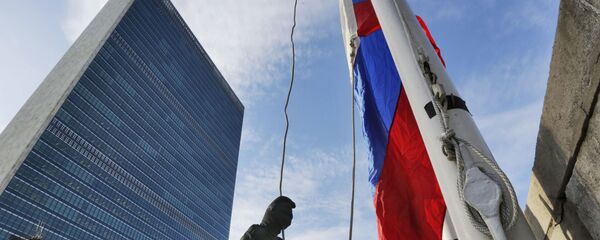As the US presidential election in November looms, the sanctions could be an "anti-China" card some US politicians want to play to score political points, analysts said.
Washington announced on Monday that it has put two Chinese men and six Chinese entities on the US Treasury Department's Special Designated Nationals list for transferring "significant goods or services" used in connection with the shipping sector of Iran.
It also claimed that some of the entities have helped the Islamic Republic of Iran Shipping Lines (IRISL) evade US sanctions.
The US sanctioned IRISL in December 2019 for its "involvement in the transportation of weapons of mass destruction."
The Chinese companies on the latest sanctions list include Shanghai-based Reach Holding Group (Shanghai) Co and its subsidiary Reach Shipping Lines.
The other companies are Delight Shipping Co, Gracious Shipping Co, Noble Shipping Co and Supreme Shipping Co, all of which are registered in Hong Kong.
Two executives of Reach Holding Group, Chen Guoping and He Yi, were also put on the blacklist.
It is not clear whether those companies have business with IRISL. None of them had responded to queries by the Global Times as of press time.
According to Reuters, after being put on the blacklist, the assets of entities and individuals falling under US jurisdiction will be frozen and US persons are barred from dealing with them.
Zhou Rong, a senior research fellow at the Chongyang Institute for Financial Studies at the Renmin University of China, pointed out that there is "no international legal basis" for the US to unanimously impose sanctions and target Chinese companies for normal business activities with Iranian firms, if there is any.
"The US has upheld its 'America First' policy, putting its own interests and geopolitical gains above international laws," Zhou told the Global Times on Tuesday.
A decade-long UN arms embargo on Iran that banned it from buying foreign weapons like tanks and fighter jets officially expired on Sunday. But the US has rejected the expiration, insisting that it is prepared to sanction any entities or individuals that assist Iran's weapons program.
In September, the US unilaterally re-imposed UN sanctions on Tehran through a snapback process. Washington withdrew from the Iran nuclear deal in 2018.
"Targeting Chinese companies prior to the election could also be aimed at garnering attention," Zhou noted.
In September, the US imposed sanctions on 11 foreign companies and three individuals, including six Chinese firms and two Chinese nationals, claiming they had helped facilitate Iran's exports of petroleum, petroleum products and petrochemicals in violation of US sanctions.
The article was initially published on Global Times



